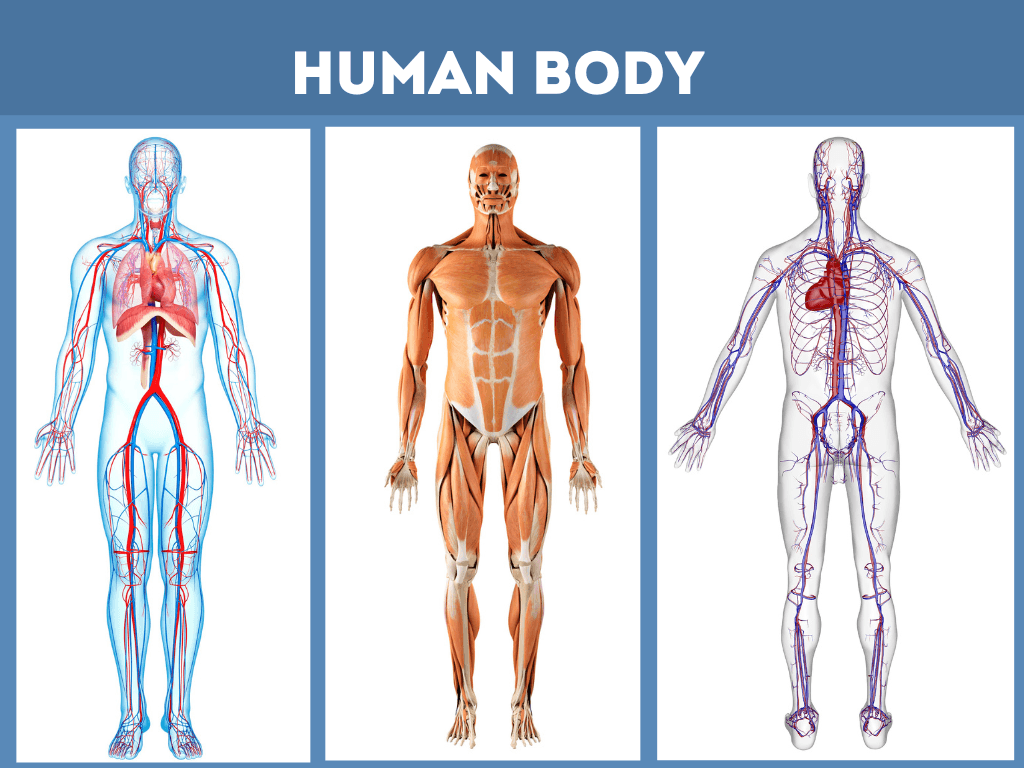BMI, or Body Mass Index, is a widely-used measurement that can help you understand your body composition. BMI is calculated using your height and weight, and it provides an estimate of your overall body fatness.
In this blog, we'll explore what BMI is, how it's calculated, and its significance in assessing health. We'll also examine its shortcomings and alternatives to consider when evaluating body composition.

What is BMI?
BMI (Body Mass Index) is a commonly used measure of body fat based on a person's weight in kilograms divided by their height in meters squared. It is calculated by dividing a person's weight in kilograms by the square of their height in meters (BMI = kg/m²).
By understanding your BMI, you can make more informed decisions about your diet and exercise habits, and take steps to lose weight scientifically and then maintain your weight at a healthy level. So, BMI is a key feature to know about your body and can be a useful tool in achieving overall health and well-being.
What does BMI measure?BMI is used as a screening tool to identify possible weight-related health problems. It is a simple and inexpensive method to determine whether someone is underweight, normal weight, overweight, or obese, based on their height and weight.
BMI does not directly measure body fat, but it is correlated with body fatness. It is a useful indicator of health risks associated with excess weight, such as heart disease, diabetes, and certain cancers.

How is BMI measured?
Manual calculation using a BMI calculator
To calculate BMI, you need to divide your weight in kilograms by your height in meters squared. Here are the steps to calculate BMI:
1) Measure your height: Stand straight against a wall without any shoes, and measure your height using a tape measure.
2) Measure your weight: Use a weighing scale to measure your weight in kilograms.
3) Calculate your BMI: Divide your weight in kilograms by your height in meters squared. The formula is BMI = weight (kg) / height^2 (m^2).
For example, if your weight is 70 kg and your height is 1.7 meters, your BMI would be calculated as follows:
BMI = 70 / (1.7 x 1.7)
BMI = 70 / 2.89
BMI = 24.22
Use a smart body fat scale for automatic calculation
Smart scales use a variety of methods to measure BMI (Body Mass Index), but the most common method is through bioelectrical impedance analysis (BIA).
BIA works by sending a low-level electrical current through the body, which passes through the fat, muscle, and bone tissues at different rates. The scale measures the resistance of the tissues to the electrical current, which is used to estimate the body's composition.
The scale uses this information, along with the user's height and weight, to calculate the BMI. The formula for BMI is weight in kilograms divided by height in meters squared.
Some smart scales also use other methods, such as air displacement plethysmography, to measure body composition and calculate BMI. However, BIA is the most commonly used method in smart scales.
What’s the standard BMI for men and women?
The standard BMI range defined for adult men and women according to the World Health Organization (WHO) is:
- BMI range for adults: 18.5 to 24.9
- BMI less than 18.5 is considered underweight
- BMI between 25 and 29.9 is considered overweight
- BMI greater than or equal to 30 is considered obese.

(This is the World Health Organization’s recommended body weight based on BMI values for adults. It is used for both men and women, age 20 or older)
It's important to note that BMI is not a perfect measure of body fatness and should be used in conjunction with other health assessments. Additionally, BMI does not take into account factors such as muscle mass, bone density, and body composition, so it may not be an accurate measure for certain individuals, such as athletes, bodybuilders, pregnant or lactating women.
Health risks related to high BMI?
Having a high body mass index (BMI) can increase the risk of various health problems, including:- Cardiovascular disease: A high BMI can lead to high blood pressure, high cholesterol levels, and an increased risk of heart disease and stroke.
- Type 2 diabetes: Obesity is a significant risk factor for developing type 2 diabetes, a condition in which the body is unable to use insulin properly.
- Joint problems: The excess weight places extra stress on joints, which can cause osteoarthritis and other joint problems.
- Sleep apnea: Obesity can cause breathing problems during sleep, which can lead to sleep apnea and other sleep-related disorders.
- Respiratory problems: People with high BMI may experience difficulty breathing and increased risk of asthma and other respiratory conditions.
- Gallbladder disease: Obesity can increase the risk of developing gallstones and other gallbladder problems.
- Certain cancers: Research has shown that obesity increases the risk of certain types of cancer, including breast, colon, and pancreatic cancer.
- Mental health problems: People with high BMI may experience low self-esteem, depression, and anxiety due to the societal stigma associated with obesity.
Overall, maintaining a healthy BMI through diet and exercise is crucial for reducing the risk of these health problems and improving overall health and well-being.




